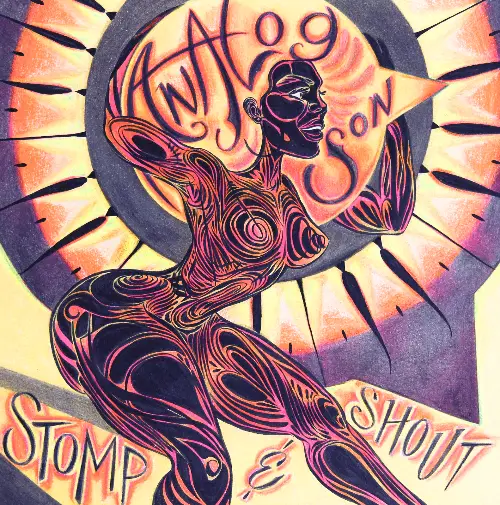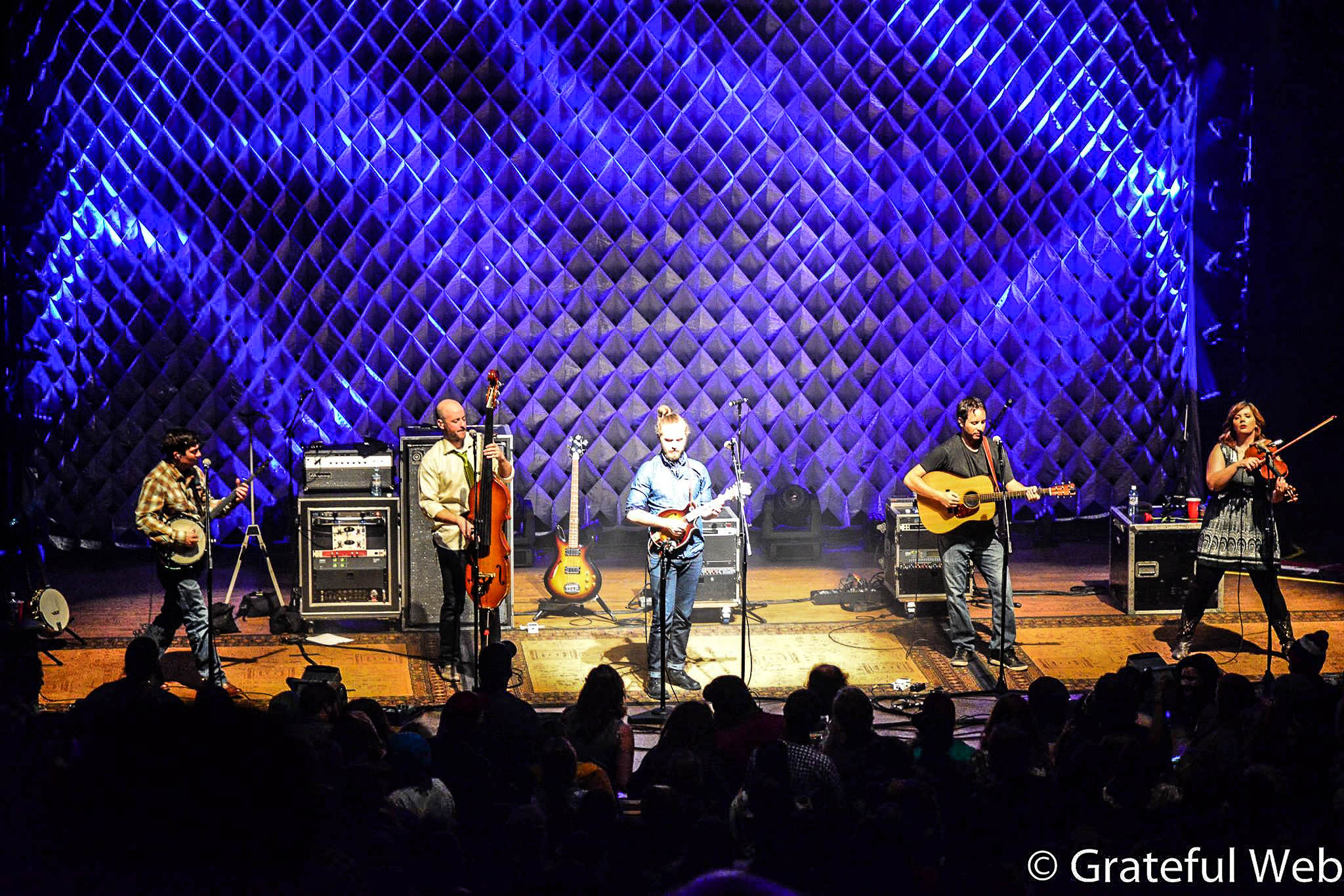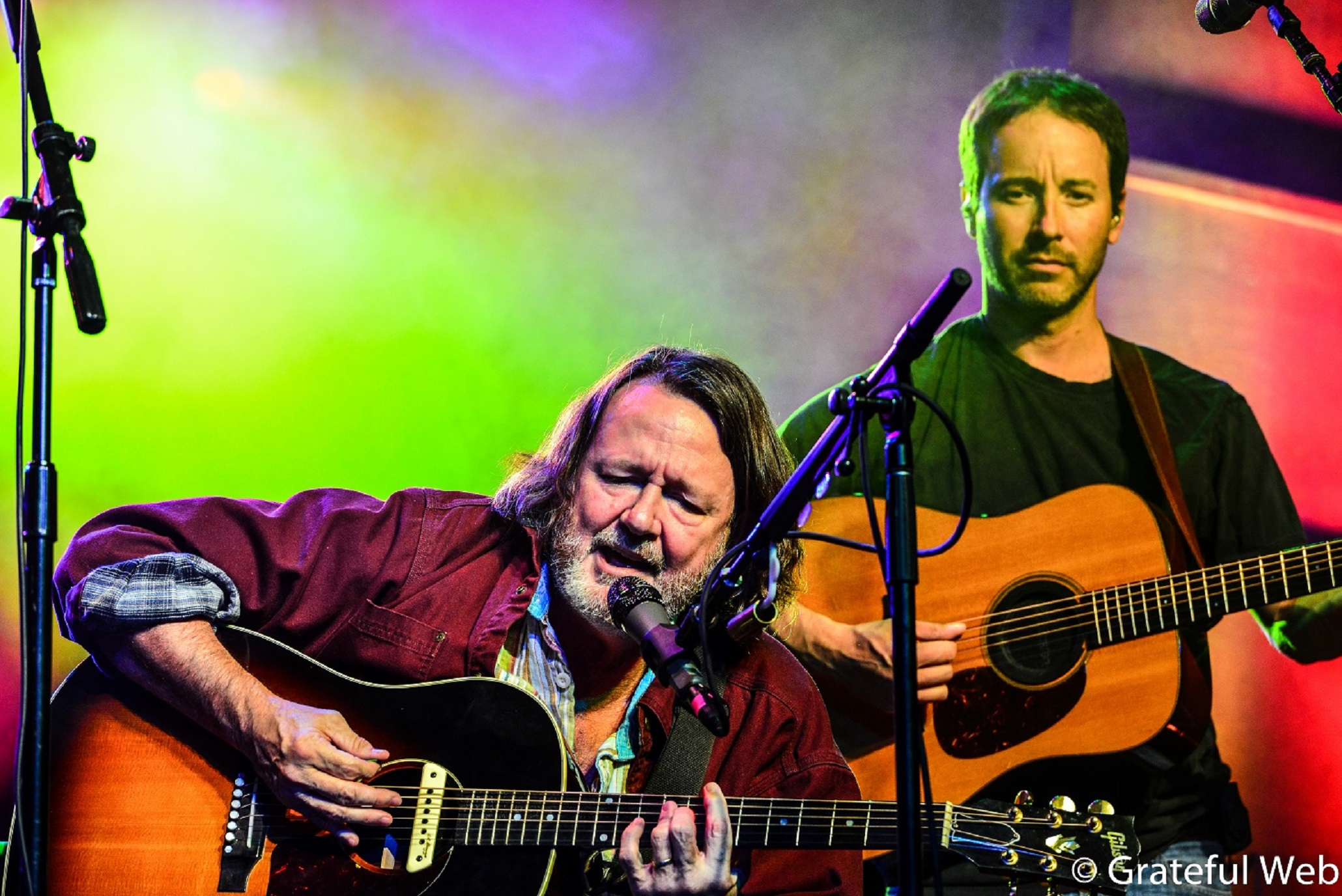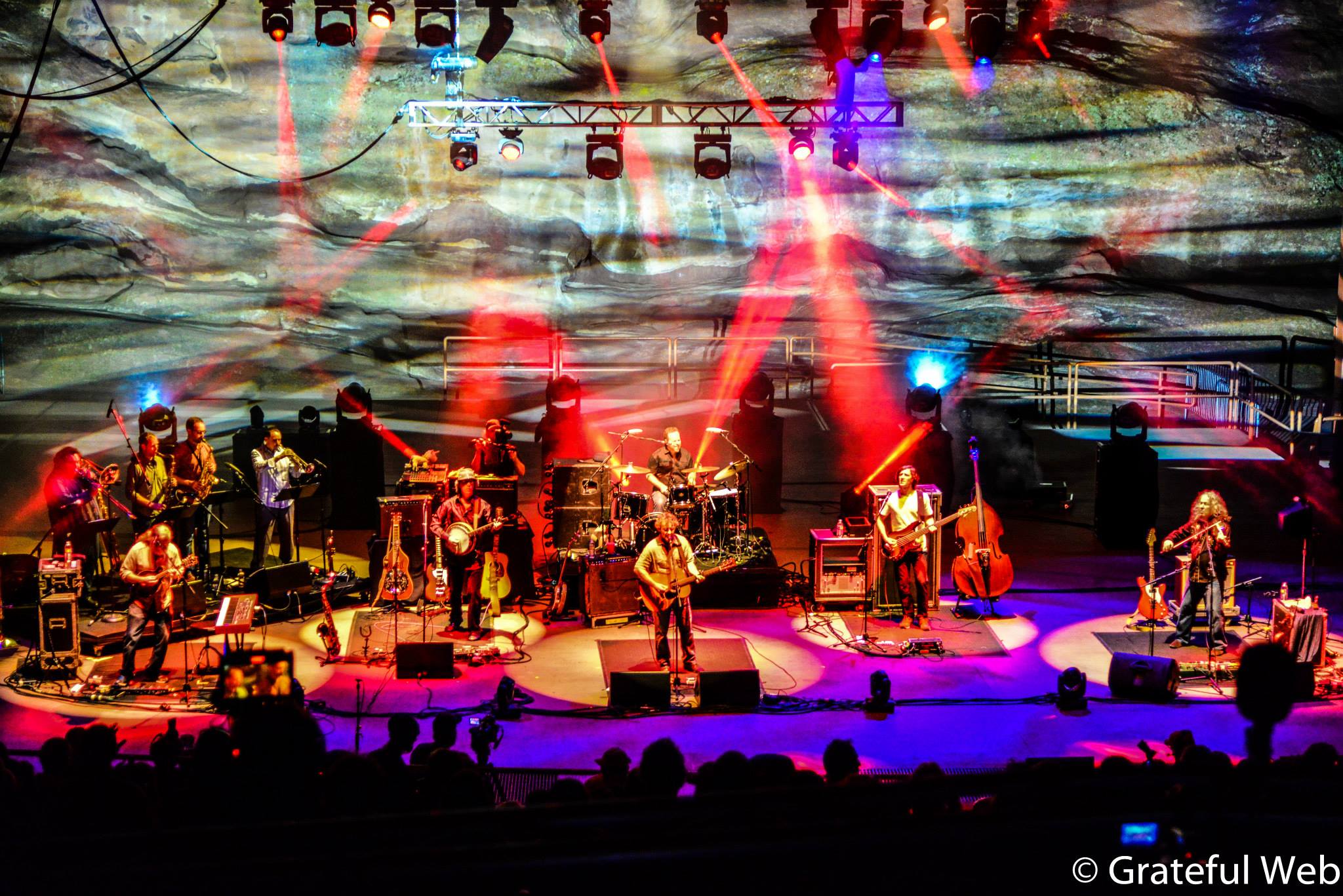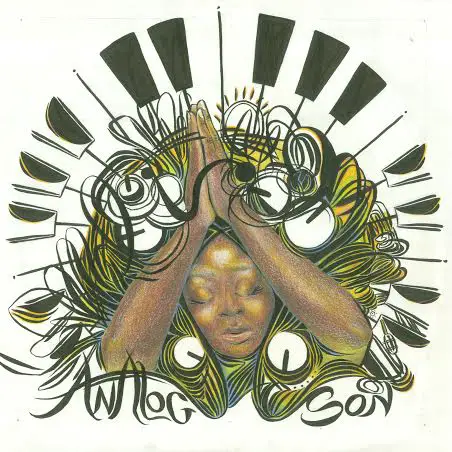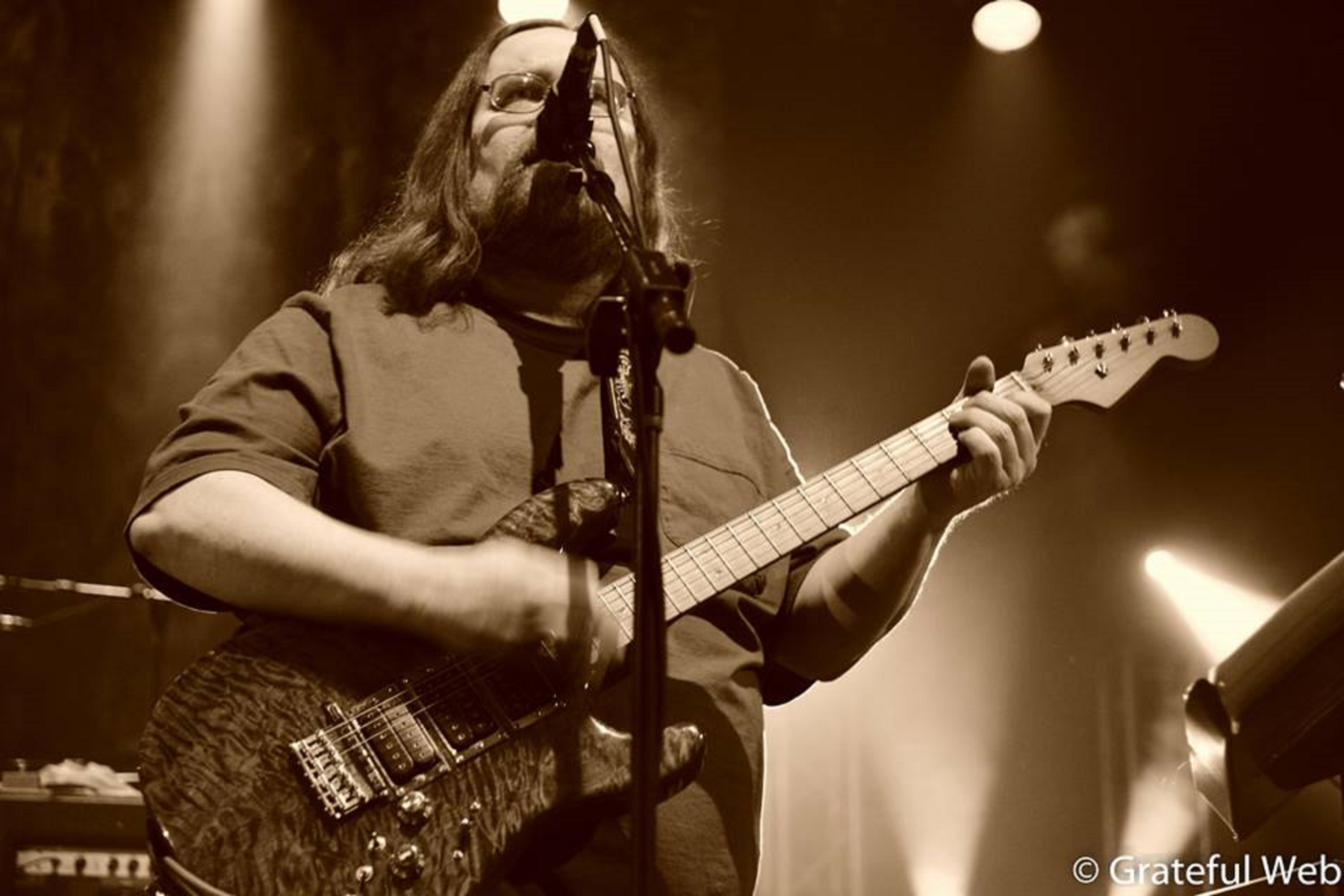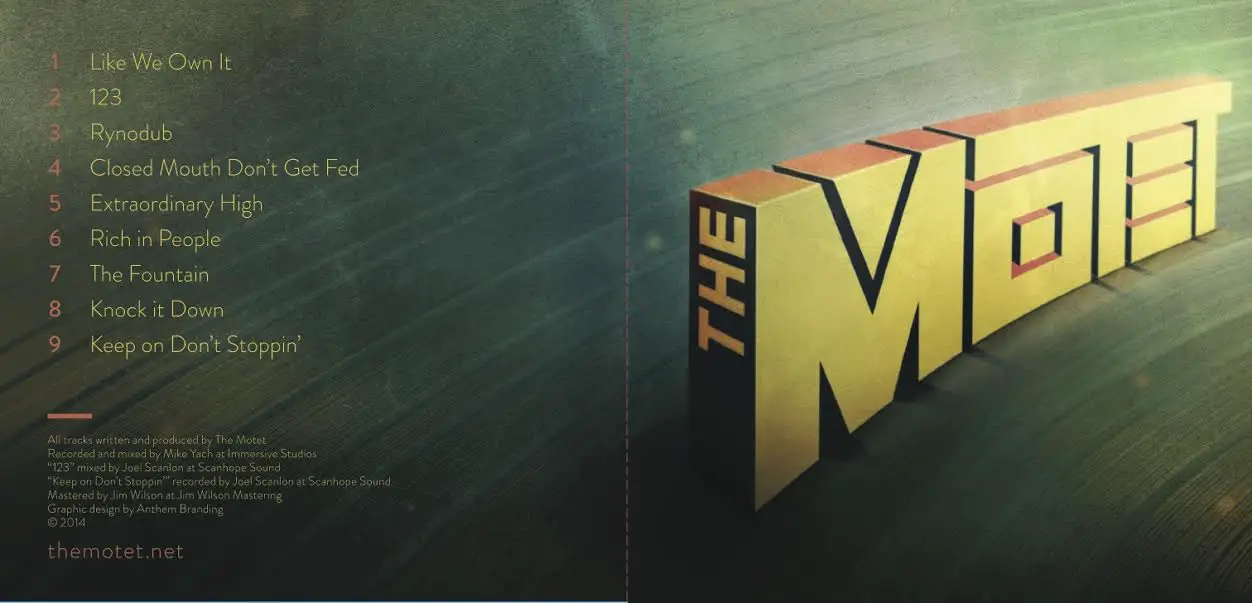“In the woods, we return to reason and faith. There I feel that nothing can befall me in life, -- no disgrace, no calamity (leaving me my eyes), which nature cannot repair. Standing on the bare ground, -- my head bathed by the blithe air and uplifted into infinite space, -- all mean egotism vanishes.”- Ralph Waldo Emerson, Nature“Go and sing to the mountainsGo and sing to the moonGo and sing to just about everythingCause everything is you.Listen to the riverOf your heart play like a drumListen to the night callSinging songs from all around.”- Elephant Revival, Sing to the MountainOn Sunday at The Boulder Theater, Elephant Revival made me a believer in “Transcendental Folk”, but, oddly enough, never spelled out what that label actually means. As initiates on the famous eTown radio broadcast, it’s not like the Lyons quintet didn’t have the opportunity. Hosts Nick and Helen Forster conducted a substantial interview with two of its members. Bassist Dango Rose fielded their request for background information and briefly touched upon the origins of the phrase; however, he could have done more to disambiguate its meaning. He mentioned the who, when, and why, but never got to the what. And maybe it’s best to leave that up to our imagination.The phrase was coined to describe Elephant Revival’s sound. This we know. But does the nomenclature allude to the fact that their music, in the Aristotelian sense, transcends all definable genres? Or that it brims with mystical or supernatural powers?The most fitting allusion – particularly in light of Elephant Revival’s debut appearance on eTown – might very well be culled from the tradition of Emerson and Thoreau. Transcendentalists believe that an organic harmony exists between man and nature and that this balance is often subverted by societal maladies such as greed, politics, and religious zealotry. To that end, Transcendentalists seek to reestablish a positive equilibrium between man and nature while marginalizing the social structures that often derogate from this relationship.Emerson and Thoreau would have loved sitting in the audience on Sunday for eTown’s taping. Elephant Revival serenaded the crowd with arabesque melodies, harmonies, and rhythms that braided and coiled into a sublime aural tapestry. Their instrumental dynamics, verse, and even the harrowing story that inspired their appellation, invoked the majesty, mystery, and sorrow of Mother Earth.The only drawback to the eTown format was its length. The entire taping lasted about two hours, but eTown allocated only 30 minutes for Elephant Revival to perform (country singer Jimmy LaFave received comparable time to perform and do his interview). This abbreviated stage time obviously stifled the breadth of their setlist and the ability to freely maneuver within each song.With time constraints militating against a motley setlist, Elephant Revival chose six pieces to highlight in this small window, every one of which contained natural imagery and metaphor. As if operating under the auspices of Transcendentalist tutelage, Bonnie Paine used Mother Earth as the primary muse for all three pieces she sang, while adroitly manipulating her washboard and djembe to reflect nature’s elements. In the opener, Remembering a Beginning, the narrator pines for the ability to see how it all began:“Alone, she cries, let me be insideThe ocean tide, Remembering a beginning.When the water climbs up the mountainsideDeep and open wide,Remembering a beginning.”Paine’s contemplative lines of verse floated above an uptempo Celtic dirge. The pulsing affectations (think Joni Mitchell) and fey timbre of her voice were otherworldly – supernal in nature, so to speak. Haunting and hypnotic.All three men in the band – Dan Rodriguez, Sage Cook, and Rose – are multi-instrumental string-musicians who demonstrated their versatility even within the truncated setlist. Rodriguez switched from acoustic guitar to electric banjo and Cook did just the opposite for their next piece, Go On. Cook incited the listener to (re)discovery – “go on, go on, find your light” – and then built directly upon the Transcendentalist tradition of self-reliance:“It’s love that keeps me high enoughThe drugs and sex they’ve lost respect and sacrednessAnd it’s sad, and trueCause most things can hurt or help, it’s up to us.I know, I know we’re here to sow some words And hope they grow, they growIn boundless fertile hearts and endless fields.”The pastoral metaphor was straightforward and it paired well with an arrangement that, while not stripped down entirely, was simple and punchy.Before Elephant Revival played the final song in its ultra-mini first set, the Forsters interviewed Rose and Paine. Rose relayed the sad origin of the band’s name. In 2005, executives at the Lincoln Park Zoo in Chicago decided to separate two elephants who had been together for a long time and forged a deep bond of telepathic proportions. On transport to a zoo in Salt Lake City, one of the elephants died and on the very same day, his partner also passed away at the Lincoln Park Zoo. Broken hearts. Rose emphasized that love and friendship should have trumped the goal of commerce, adding, “They both should’ve been sent to the elephant sanctuary in Tennessee.” The sanctuary, after all, is a natural habitat while the zoo is a contrived one – a network of concrete slabs, iron bars, and glass to imprison animals for human entertainment.The band regrouped for Feathers Rise, a love song that showcased the wistful and pensive vocals of Rodriguez. When music hits me hard enough, I often lose my way with words and resort to describing my visceral reaction. Rodriguez’s voice, supported by Paine’s harmonies, introduced a level of pulchritude that sent shivers down my back. I sat in the front row with my eyes closed, absorbing the pulse of Paine’s djembe and the slow, mellifluous Celtic fills from Bridget Law’s violin. The beauty of Feathers Rise was anchored in its canorous melancholy. But its potency – that came from the perfectly synchronized waves of repeated intensity undulating from trough to crest and back down again with enough alacrity to make me think that the elephants aren’t the only ones communicating telepathically. Total goose bumps.eTown then brought Jimmy LaFave on to croon his country ballads and discuss his life as a musician. The crowd was also treated to a delightful phone conversation between the Forsters and the latest recipient of the E-Chievement Award. Sharon received the distinction by devoting her life to feeding hungry Oregonians. She discussed a need to bridge the budgetary gap for parents who count on school to feed their children breakfast and lunch. She is another ordinary person performing extraordinary feats to remedy the injustice of children going hungry. She and Elephant Revival have a lot in common, as you will see.The band returned to the stage with Ring Around the Moon. It was lyrically imbued with imagery of the changing seasons and, with her bewitching voice, Paine executed it flawlessly. Law, on the eve of her 29th birthday, imparted the arrangement with its texture and meaning. I was mesmerized watching her color the spaces around the melodies forged by Rodriguez and Cook. Law’s countenance was pregnant with longing and rapture. Living in, yet abstracted by, the moment, she played with delicacy and precision, filling the air with earthy, sensual vibrato.In the next piece, Down to the Sea, I quickly became ensorcelled by the glorious drone of Rose’s bowing. It sounded exactly like an ocean liner horn, but in pitch. Law appeared even more entranced than me. Her entire torso swooped and swayed while her hips swished from one side to the other. I have seen violinists engage their bodies to augment the emotion in their playing, but Law’s somatic movements looked like they could have induced catharsis in the right setting. It’s a beautiful thing to witness a person lose herself so entirely in the music.Elephant Revival closed its appearance on eTown with Drop, a song that carved the most expansive path of the six. This was the piece that frustrated me the most with the eTown template. You see, not only was this the final song, but the arrangement percolated with a groove that was ineluctably danceable. Unfortunately, chairs lined the floor of The Boulder Theater. Mandatory chairs. I distinctly remember a videographer filming my body trying desperately to break free from its pleather confines. But alas, my logical self overruled my creative self. Well…they compromised. I felt really goofy dancing in my seat, but I would have felt even stranger not dancing at all.Back in the interview segment, Nick Forster asked Rose to relay the origins of the phrase “Transcendental Folk”. Rose said that a reporter coined the phrase and it stuck. More than likely, the reporter fashioned it as an umbrella term to encapsulate Elephant Revival’s unique olio of jug band, bluegrass, Celtic, country, and, of course, folk.But on stage, Rose peered out across the audience and genuinely exclaimed, “What does that mean?!”“Means you’ve probably taken drugs,” Nick Forster retorted, triggering deep, howling laughter and applause from the crowd.“Only natural ones,” Paine clarified.And that emphasis brought me back to the idea of Transcendentalism. This is a band that, through their music, poetry, and philanthropy, pursues a communion with, and seeks to protect, the environment. In concomitance with this pursuit, it compensates for the social maladies that have disrupted the natural unity of man and nature. Their touring bus runs on renewable biodiesel fuel to attenuate their carbon footprint. They donate their time and talent to Conscious Alliance, a food bank and hunger awareness organization that has provided over a million meals to isolated Native Americans reservations. They are also intimately involved in the Buffalo Heart Project, an initiative to bring heat and resources to the Lakota Reservations in South Dakota.In a previous interview, Rose said that the band’s mission is “to close the gap of separation between us through the eternal revelry of song and dance. We are all participants in this eternal dance, the creation of this sacred song, creators of the world in which we live.”That ethos is projected both onstage and off and was as salient as ever this past Sunday – even in the shortest performance of personal memory. Nick Forster asked Paine if the band would like to host its own festival – now that it has been a guest in so many for the past few years. She answered in the affirmative, but emphasized that the festival would have to reflect not only Elephant Revival’s musical values, but its mores of environmental and social responsibility as well.The original wave of Transcendentalist thought hit its popular peak over 150 years ago. But Transcendental Folk – a genre more multi-faceted than meets the ear – seems to be just getting started.






